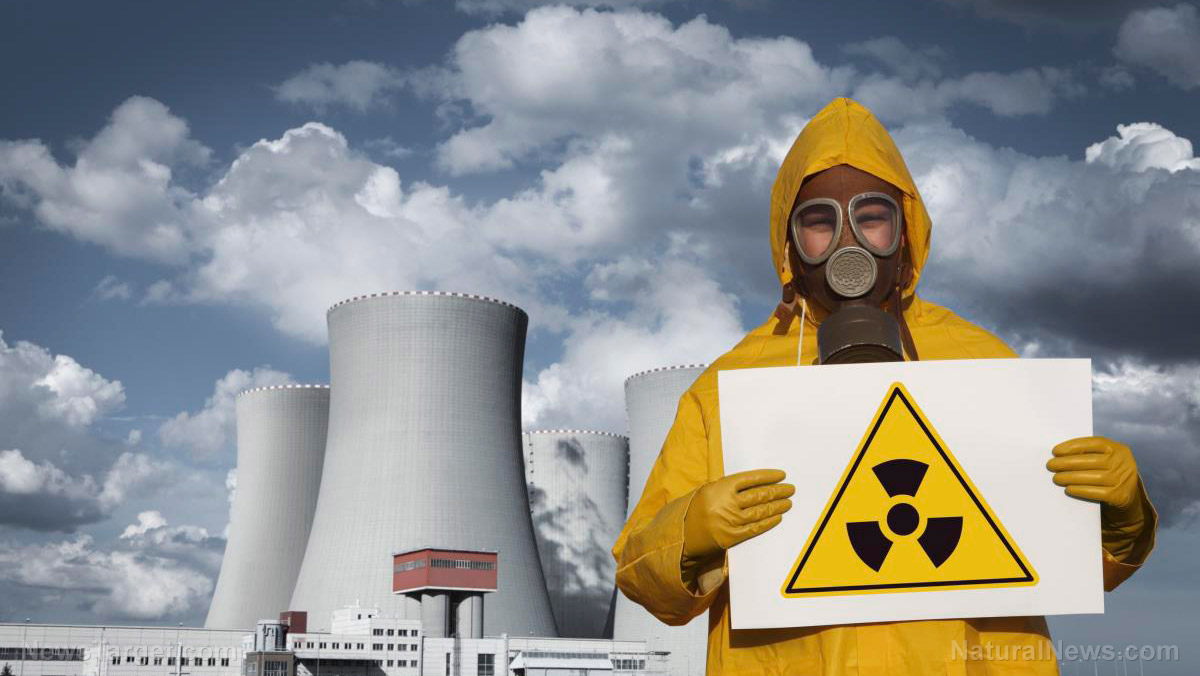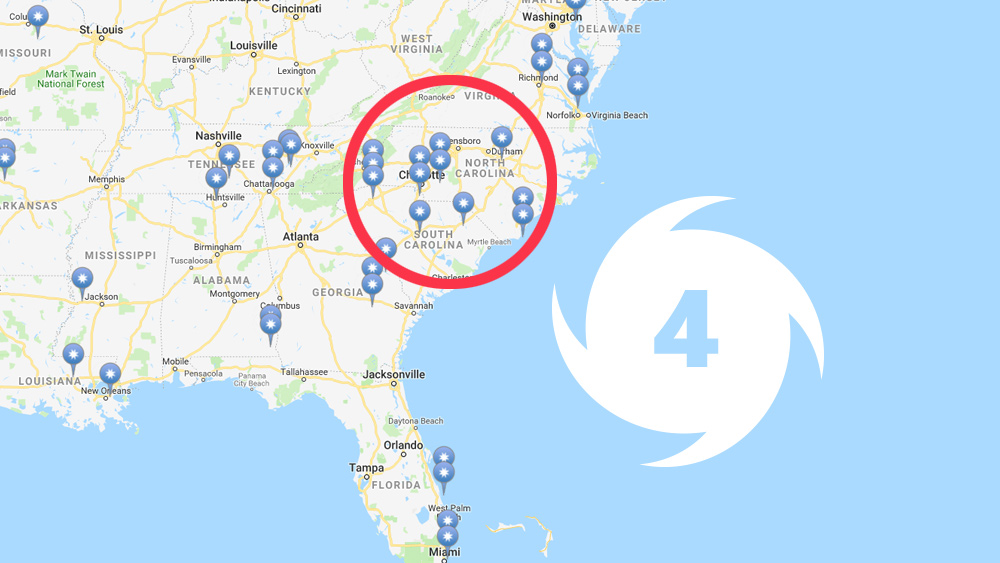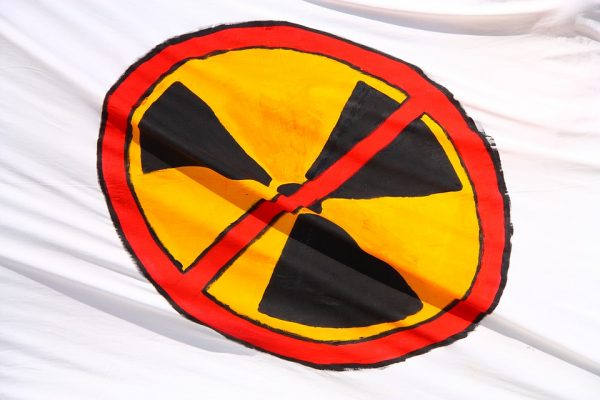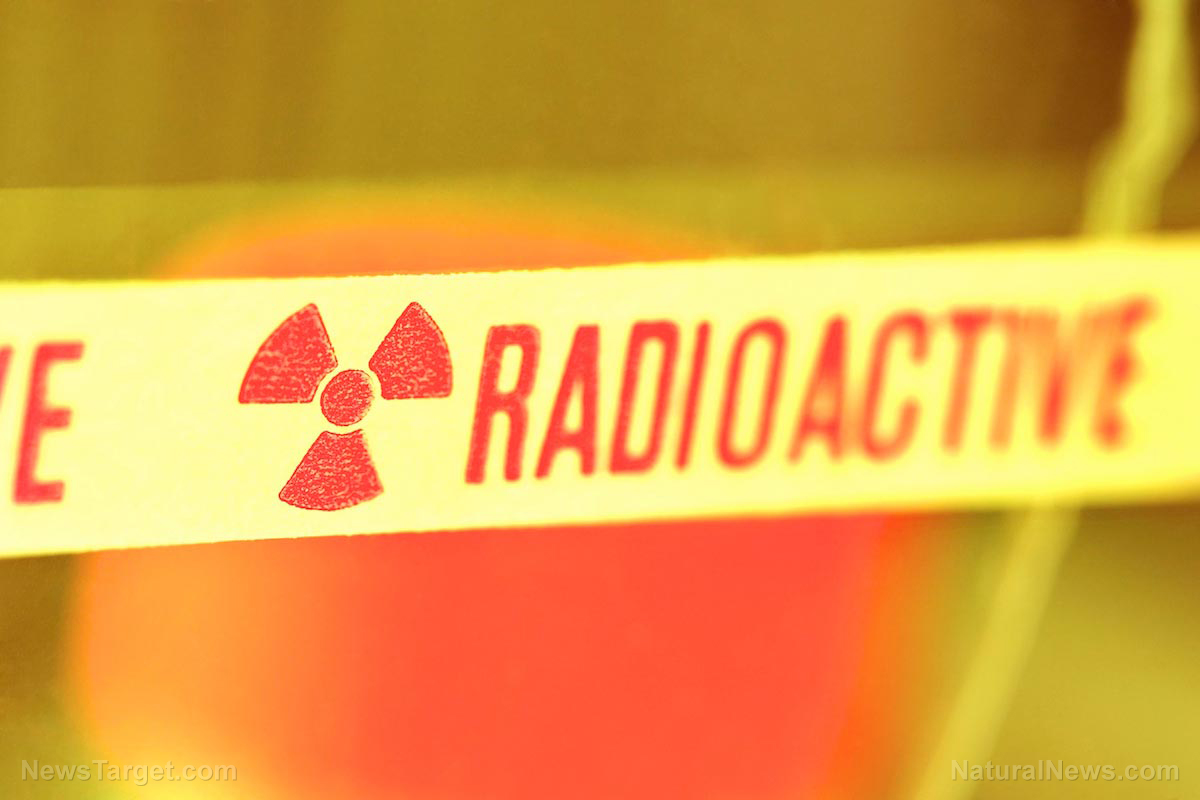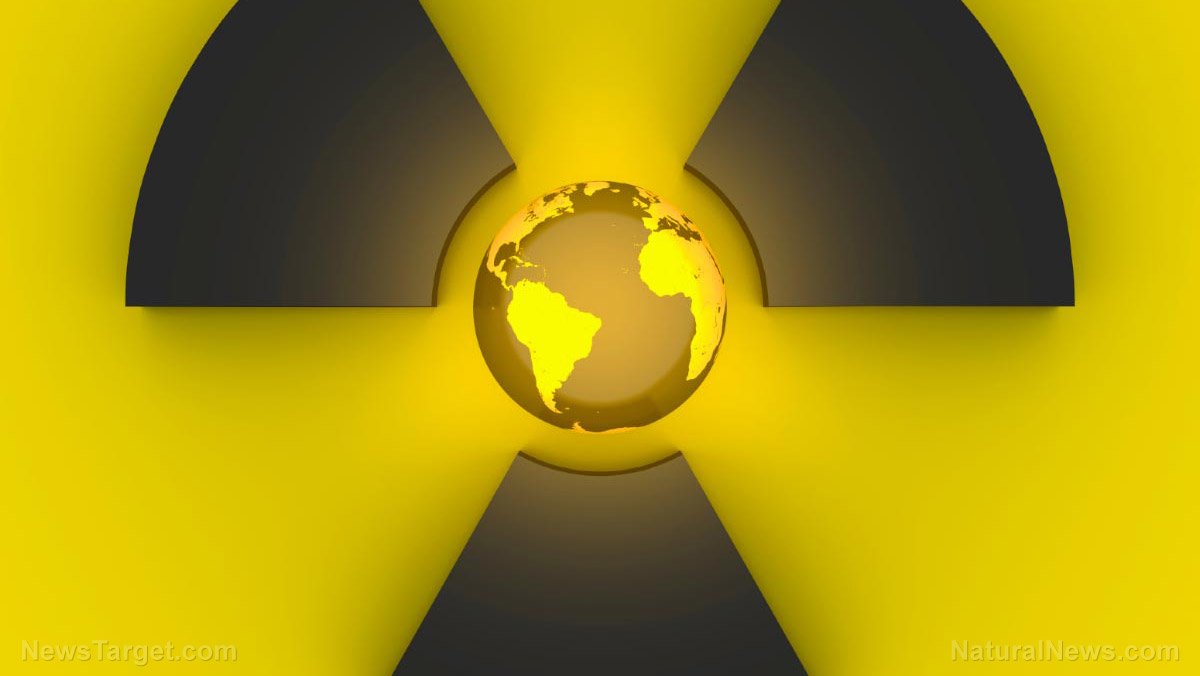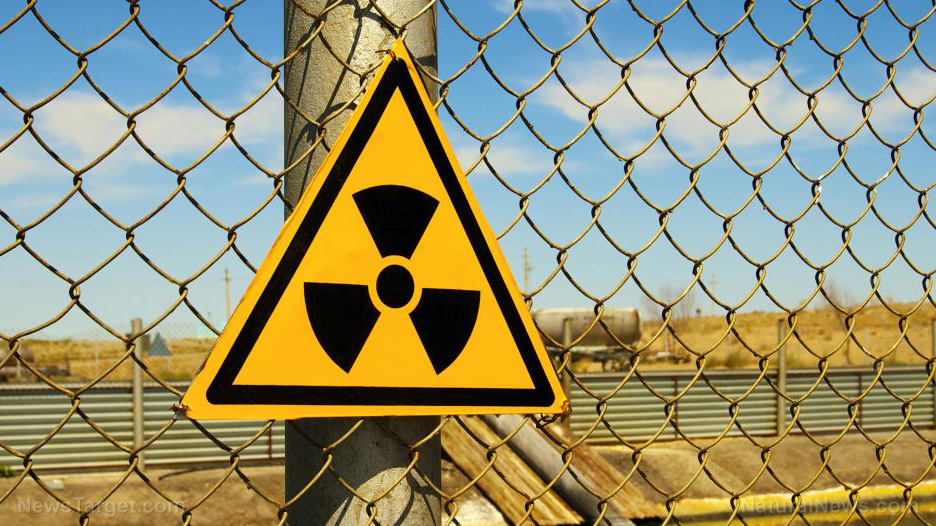Belgium taking on proactive measures to supply citizens with iodine pills against nuclear terrorism
12/08/2016 / By iodinenews

The Belgian government plans to begin distributing iodine pills to all citizens and residents in preparation for any radiological disaster, a decision that comes following an ISIS-inspired terrorist attack that, in a roundabout way, also involved one of the country’s nuclear power plants.
As reported by Nature World News, iodine pills have been used in the past to reduce the buildup of radiation in the body and, in particular, the vital thyroid gland, which is highly susceptible to radiation.
Currently there are no nuclear disasters for Belgians to worry about, but recent events that involved nuclear power – especially the disaster at the Fukushima nuclear plant in March 2011, which was triggered by an earthquake-generated tsunami – have led Belgian officials to their iodine distribution decision in a bid to improve nuclear emergency response plans.
The government has already begun distributing iodine pills for emergency use to residents living within 12 miles (20 km) of the European nation’s nuclear reactors. But government officials decided recently to extend the range around its reactors to about 62 miles (100 km).
ISIS targeted Belgium nuclear plants
Belgium has seven reactors at Tihange and Doel, as well as a research reactor at Mol, the BBC reported. These reactors provide the country with more than half of its daily electricity needs.
The decision to distribute iodine pills to a broad swath of the population most vulnerable to a nuclear incident is also very likely being fueled by events tied to the March terrorist attack in Brussels. As reported by NationalSecurity.news, the jihadists who attacked the international airport and a nearby Metro station were also planning an attack on a nuclear power plant, as evidenced by at least 12 hours of recorded video surveillance authorities found.
The Islamic State cell that carried out the Brussels attacks were spying on Belgium’s atomic energy chief, in what some believe was a prelude to kidnapping in order to force him to provide them access to the plant.
NationalSecurity.news reported further:
The hours of film authorities have discovered in an apartment in Brussels that had been raided by anti-terrorist police following the November attack in Paris included the home of the Research and Development Director of the Belgian Nuclear Program, reports said.
Initially, the hours of footage confused investigators as it showed the entrance to the director’s home in Flanders, which is outside of the capital. However, intelligence officials came to the conclusion that the ISIS cell was likely attempting to gain entry into the nuclear facility after they watched all 12 hours of the footage, which includes images of a local bus.
Evidence part of seizures made after Paris attack
Both France – which suffered a major ISIS-led attack in Paris in November – and Belgium put their nuclear power stations on high alert after the incidents.
Reports of the Belgian atomic plot actually first emerged in February, according to officials. At the time, the plot was linked to the ISIS cell that carried out the Paris attacks that killed 130.
The footage, a Belgian prosecutor said, was discovered “as part of seizures made following the Paris attacks.” The prosecutor would not divulge the individual’s identity, “for obvious security reasons,” the Daily Mail noted.
At the time of the discovery, Belgium’s federal nuclear control agency stressed that it was important not to reveal the name of the person involved so as “not to endanger the inquiry or nuclear security,” or the person involved and their family.
As further noted by the BBC, radiation that gathers in the thyroid releases its energy there and can ultimately damage the tissue and the body, leading to massive cancer. Taking the pills fills the thyroid with stable iodine so there is no room for radioactive material. But the pills don’t protect the body against other harmful radioactive elements like cesium-137.
Be prepared and get your emergency iodine from the Natural News Store by clicking here, while supplies last.
Sources:
Tagged Under: Belgian government, Belgium, iodine, Iodine Pills, ISIS, Isotopes, national security, nuclear terrorism


